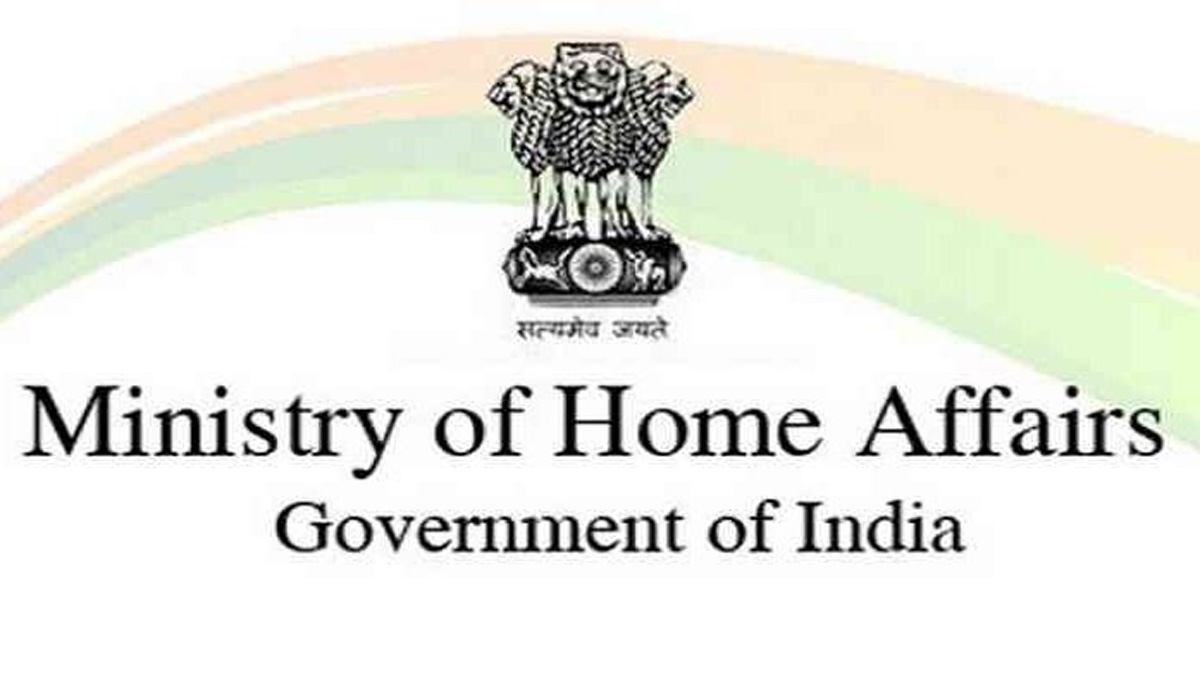SLC fails to meet since Nov 2021, DCs yet to frame committees
*Much-needed coordination among deptts on papers only
Mohinder Verma
JAMMU, July 13: The mechanism evolved by the Union Ministry of Home Affairs to check increasing drug menace has yet not been implemented in the Union Territory of Jammu and Kashmir mainly because of absolute non-seriousness at various levels in the administration. The slackness is notwithstanding the fact that menace in terms of usage and addiction has significantly gone up in Jammu and Kashmir during past few years.
Official sources told EXCELSIOR that in the year 2016 the Union Ministry of Home Affairs formed Narco Coordination Centre (NCORD) mechanism for better coordination between all the agencies dealing with the drug related subjects by holding regular meetings for effective Drug Law Enforcement. The NCORD system was restructured into 4 tiers up to district level on July 29, 2019 for better coordination and cooperation.
There is Apex Level NCORD Committee and Executive Level NCORD Committee at the Union Government level while as in the States and Union Territories there should be State Level NCORD Committee headed by the Chief Secretary concerned and at District Level headed by District Magistrate concerned.
As per the mechanism, there should be monthly meetings at the District Level and quarterly at the State/UT Level in which the presence of officers of appropriate level should be ensured. In the State/UT Level Committee meetings, the progress achieved at the district level in tackling the menace is supposed to be discussed for passing further necessary directions.
About two and half years after the restructuring of NCORD mechanism, the Union Territory of Jammu and Kashmir woke up from deep slumber and convened maiden meeting of State Level NCORD Committee in the month of November 2021 with Chief Secretary Dr Arun Kumar Mehta outlining the broad contours for tackling the drug menace.
“While the State Level NCORD Committee has not met during the past eight months, the District Level NCORD Committees have not been constituted in several districts of the Union Territory of Jammu and Kashmir”, official sources told EXCELSIOR, adding “due to this the mechanism evolved by the Ministry of Home Affairs could not be implemented in Jammu and Kashmir till date”.
“With such a casual approach towards NCORD mechanism how the drug menace, which has significantly gone up in Jammu and Kashmir in recent years, can be tackled”, sources wondered, adding “exchange of information between various agencies, which is imperative for chalking out well-knit strategy to check the menace, is not possible till the NCORD mechanism is put in place and meetings of the committees are held regularly”.
Stating that the concerned agencies are not working in tandem, sources said, “Excise Department is only boasting of destroying poppy cultivation but it has not come out with concrete data about the total chunk of land being used for growing this particular type of drug”, adding “the School Education and Higher Education Departments are conducting awareness in the educational institutions, albeit not up to the desired level, without involving other concerned agencies”.
“Likewise, there is no coordination between Social Welfare Department and Health Department even in those districts which have been selected under Nasha Mukt Bharat Scheme of the Government of India”, sources further said while disclosing that Health Department doesn’t have concrete data about the reformation of drug addicts after their treatment/counseling in the De-Addiction Centres.
They further said, “unless all the concerned agencies start holding deliberations on NCORD platform and work in coordination with each other the prevailing situation cannot be stopped from worsening further”, adding “there is urgent need to enhance conviction rate in narco-related cases while simultaneously focusing on proper counseling and rehabilitation of drug affected youth”.
Further there is a need to formulate multi-faceted strategy to tackle the drug issue including proper training of enforcement agencies, enhancement of drug testing capacity, assessment of illicit production and trade, seizure and destruction and arrest and conviction of accused.


